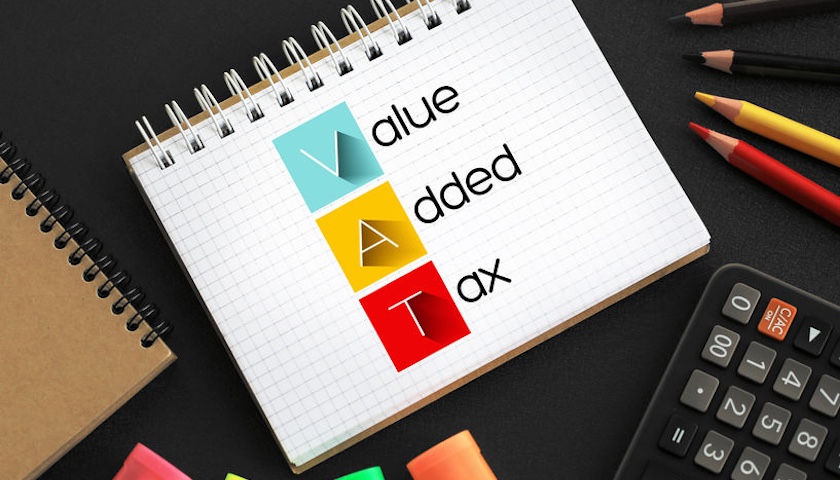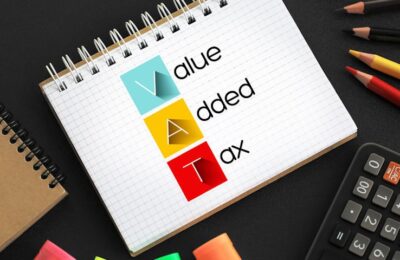
How to file a VAT return
Posted by Mark Ingle on July 15, 2025Need to know how to file a VAT return? With the right software the process is easy – the trick is to make sure your figures are accurate!
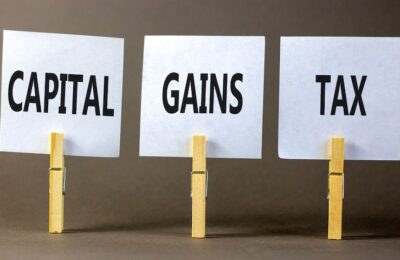
CGT rate change – don’t get caught out!
Posted by Karen Jones on July 14, 2025On 30th October 2024, government announced a CGT rate change. If you made disposals after that date, you’ll need to adjust your figures.
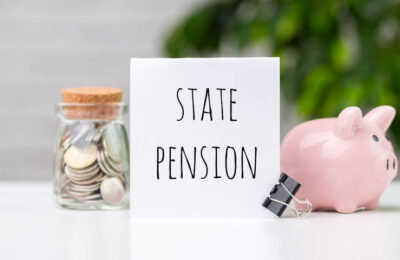
Do you pay tax on state pension? You might have to soon
Posted by Jon Pryse-Jones on July 14, 2025Thanks to the ‘triple lock’ and high inflation, many people face paying tax on state pension payments. We explain why this is happening.

Do you and your fellow shareholders always agree? Watch “The Social Network”!
Posted by Mark Boulter on July 11, 2025Shareholders agreement – if you share the ownership/management of your limited company with other shareholders you really need one.
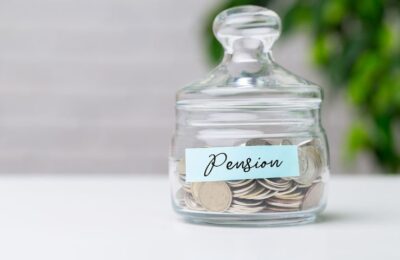
A costly pension underpayment error – check your payroll!
Posted by Jon Pryse-Jones on July 10, 2025One pension underpayment error forced an employer to make expensive back payments over several years – but how did it happen?
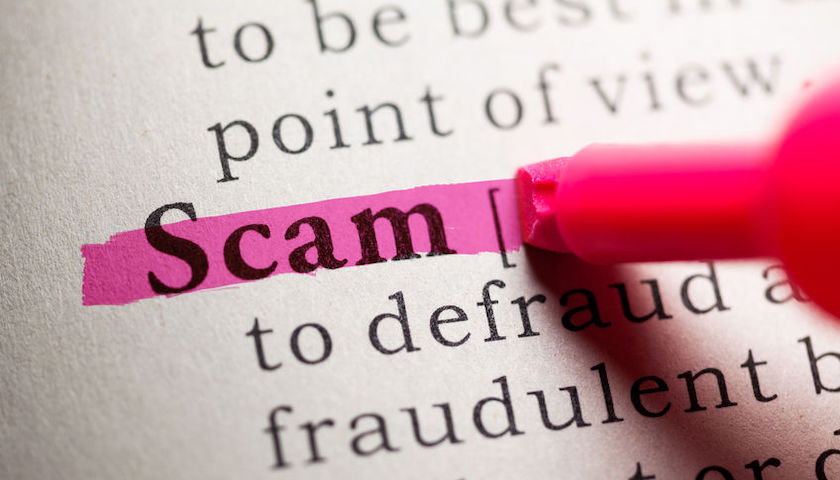
How to protect yourself against pension and tax scams
Posted by Ben Locker on July 9, 2025HMRC recently issued advice on how to avoid pension and tax scams. We show you how to protect yourself from the scammers.
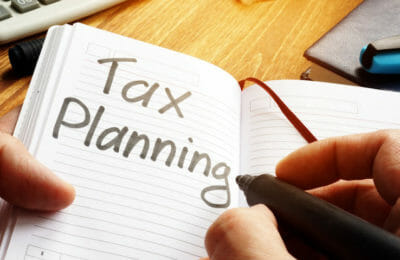
Small business tax planning: For sole traders
Posted by Karen Jones on July 7, 2025If you’re a sole trader, then small business tax planning is important. Here are some top tips for sole traders to help navigate small business taxes and avoid any taxing, last-minute panic.
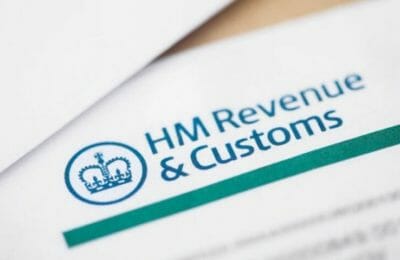
Tax allowable expenses
Posted by Adam Truluck on July 4, 2025Tax allowable expenses and the importance of them being “wholly and exclusive” for business purposes – we explain how it works.

Will M&S face VAT on sandwiches?
Posted by Karen Jones on July 3, 2025Marks and Spencer’s new ‘strawberries and creme’ flavoured sandwich has gone viral – causing some to examine the VAT on sandwiches rules.

Free business advice for Essex firms
Posted by Mark Ingle on July 2, 2025Is your company based in Essex? If so, you may be able to benefit from 12 hours of free business advice from Backing Essex Business.

